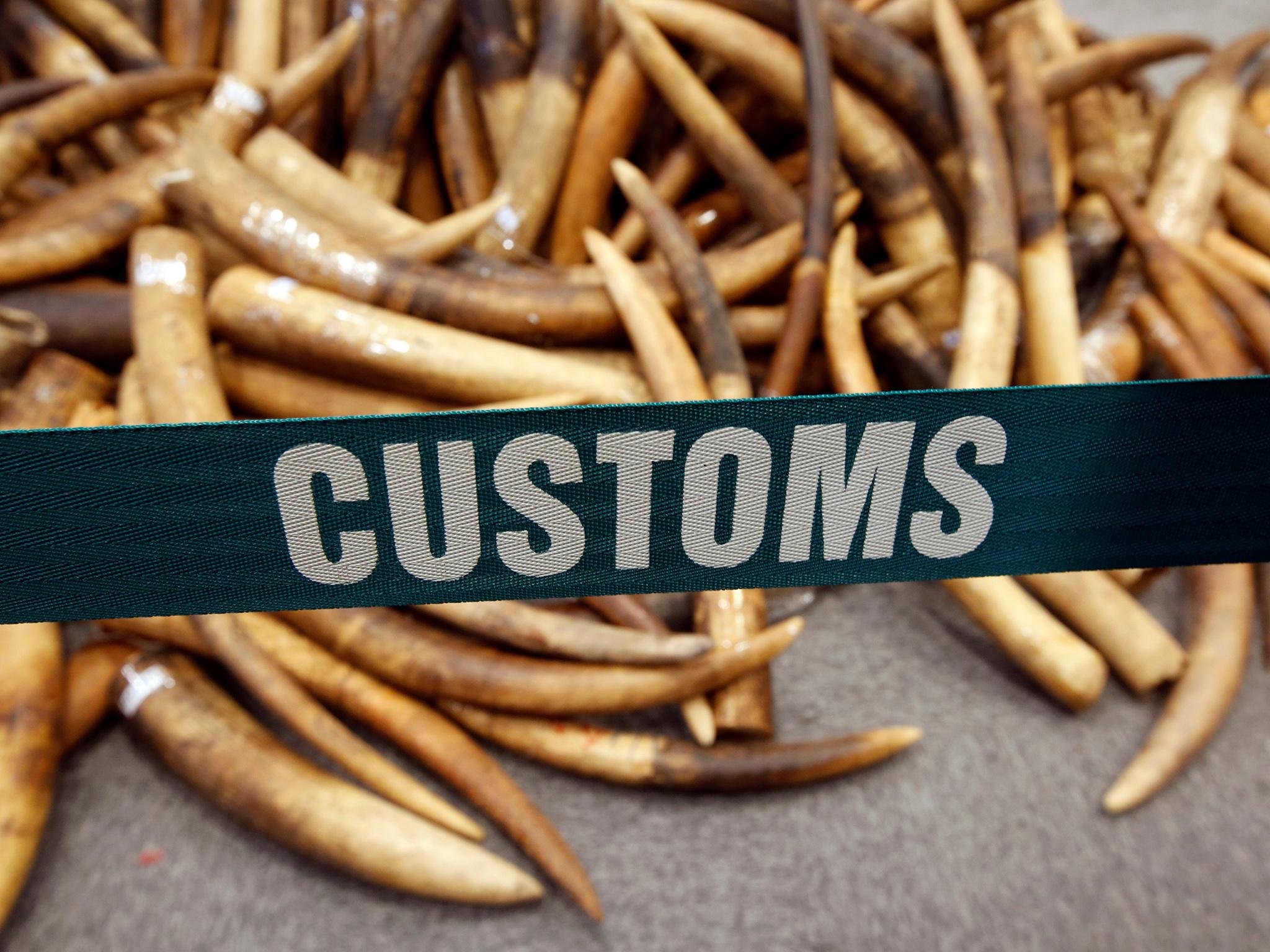World Health Organisation’s recognition of traditional Chinese medicine ‘could push species into extinction’
Failure to condemn use of animal parts in traditional remedies ‘egregiously negligent and irresponsible’, wildlife groups say

Conservationists have accused the World Health Organisation (WHO) of rubber-stamping the extinction of endangered species by adopting hundreds of traditional Chinese remedies in its international guidelines.
Many such remedies make use of animal parts and this has long put pressure on endangered species such as jaguars, pangolins and rhinos.
On Saturday the WHO’s World Health Assembly recognised traditional Chinese medicine (TCM) diagnoses for 400 conditions in its influential International Classification of Disease list.
Campaigners including big cat conservation group Panthera, the Environmental Investigations Agency and Wildlife Conservation Trust have warned that recognition from a body as influential as the WHO could result in a rapid depletion of species with healthy populations.
But the WHO insisted it opposed the use of animal parts and supported international protections for endangered species.
John Goodrich, chief scientist and director of Panthera’s tiger programme, said any recognition would be seen globally “as a stamp of approval” for all types of TCM, including the use of wild animal parts.
“Failure to specifically condemn the use of traditional Chinese medicine utilising wild animal parts is egregiously negligent and irresponsible,” he added.
“Taken with China’s recent proliferation of traditional Chinese medicine around the globe, WHO’s decision could contribute to the end of many species on the brink of extinction, like the tiger.”
The WHO decision comes a month after the largest ever shipment of illegally smuggled pangolin scales was seized in Singapore en route to Vietnam, and a 30-tonne haul of pangolin parts was discovered in Malaysia.
While leading TCM bodies have phased out the use of wild animal parts, conservationists say that even highly regulated, legal breeding programmes provide cover for the illegal trafficking of endangered species.
China recently announced it would drop a decades-long ban on the trade of tiger bone and rhino horn.
The change was postponed after international outcry with leading conservation groups warning its effects would be “devastating globally”.
Wildlife Conservation Trust president Anish Andheria said the WHO decision “ignored the compelling data” that showed the wildlife trade also increased deaths among rangers and other frontline conservation staff and forest-dwelling communities.
A WHO spokesperson added: “Inclusion in the ICD does not mean we recommend or condone the use of animal parts such as rhinoceros horns. WHO recommends the enforcement of the Convention on International Trade in Endangered Species of Wild Fauna and Flora, which protects rhinos, tigers and other species.”
Join our commenting forum
Join thought-provoking conversations, follow other Independent readers and see their replies
Comments
Bookmark popover
Removed from bookmarks